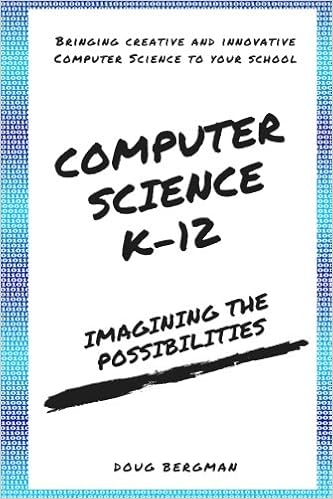Filters
Clear allSubject
- Careers (25) Apply Careers filter
- Climate Change (2) Apply Climate Change filter
- Creative arts and media (6) Apply Creative arts and media filter
- Cross curricular (39) Apply Cross curricular filter
- Design and technology (143) Apply Design and technology filter
- Engineering (83) Apply Engineering filter
- Food Preparation and Nutrition (3) Apply Food Preparation and Nutrition filter
- Leadership (1) Apply Leadership filter
- Mathematics (136) Apply Mathematics filter
- Personal development (2) Apply Personal development filter
- Psychology (1) Apply Psychology filter
- Science (142) Apply Science filter
- Space (3) Apply Space filter
- STEM Clubs (9) Apply STEM Clubs filter
Age range
Type
- Activity sheet (109) Apply Activity sheet filter
- Article (32) Apply Article filter
- Audio (1) Apply Audio filter
- Data set (1) Apply Data set filter
- Demonstration (1) Apply Demonstration filter
- Experiment (2) Apply Experiment filter
- Game (3) Apply Game filter
- Group work (6) Apply Group work filter
- Image (37) Apply Image filter
- Information sheet (25) Apply Information sheet filter
- Interactive resource (9) Apply Interactive resource filter
- Open-ended task (1) Apply Open-ended task filter
- Poster (5) Apply Poster filter
- Presentation (52) Apply Presentation filter
- Research (27) Apply Research filter
- Self assessment (1) Apply Self assessment filter
- Simulation (1) Apply Simulation filter
- Teacher guidance (138) Apply Teacher guidance filter
- Textbook (7) Apply Textbook filter
- Video (35) Apply Video filter
- (-) Remove Include Physical Resources filter Include Physical Resources
Showing 625 results
This 'concept card' from the Barefoot collection explains 'computational thinking': *What it is *Why it is important *What it looks like in the primary curriculum *How to find out more It supports teacher understanding to improve their teaching of the Barefoot activities.
A comprehensive guide taken from the Quickstart guide to what computational thinking is and what it might look like in the primary classroom. It involves classroom activities which include:
- Writing algorithms and looking for patterns (generalisations) in comparison to other students’ algorithms. ...
Published by the Mathematics Centre at the University of Chichester, this booklet describes ideas that have been used with students aged 9-11 , although there are indications that older students would benefit from them too. In the first part of the booklet much use is...
This booklet, from the Mathematics Centre at the University of Chichester, explores how the microcomputer can be a valuable tool when engaged in investigating a situation that leads to such laborious arithmetic that the 'sums' spoil the activity, especially in the...
Computer Science Unplugged is a collection of twenty activities designed to aid the teaching and learning of computer science through engaging games and puzzles using cards, string, crayons and lots of running around. The activities introduce students to many of the underlying concepts separated from the...
This briefing note, intended for Governors and Senior Management Teams, fleshes out the background to the introduction of computing in schools and is intended as a basis for a strategic debate about reform of the ICT curriculum. It has been written mainly with schools in mind, but the broad outline of the argument...
"Computing isn't about computers" - this quote from one of the CS4FN authors, Paul Curzon, should give you an idea about the resources in this collection. Designed to inspire, these activities are about people, solving puzzles, creativity, changing the future and, most of all, having fun. Magic tricks, philosophy,...
- Entrants create an original key-frame computer animation, up to one minute in length, using eligible software including: Alice, Flash, Scratch, Blender, Autodesk 3D Studio Max, Autodesk Maya, and Serif DrawPlus. Entries can be from individuals or from small teams. Prizes are awarded by...
Use these combat cards to show how technology has evolved over the years. From Apple iPads, Raspberry Pi, Micro:bit to the IMB Personal computer. Compare RAM size, Cache, CPU, whilst learning how each piece of technology was made and developed.

Many strong claims are made for the educational value of computer games, but there is a need for systematic examination of the research evidence that might support such...
Are you teaching computer programming to students? This is a quarter-length curriculum to help classroom teachers teach the Scratch programming language. It contains 30 full-color, student-tested tutorials (beginning, intermediate, and advanced), including making games like Pong, Asteroids, Pac-Man, an additional "...

This books contains resources and information for...

Drawing together the most up-to-date research from experts all across...
Produced by the Nuffield Foundation, these materials describe activities that challenge children to produce a design for a vehicle. It must be suitable for use as a storage and transport vehicle for some of the equipment used in a fairground. The vehicle should be eye catching, so that it attracts attention from...
